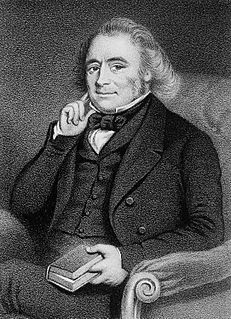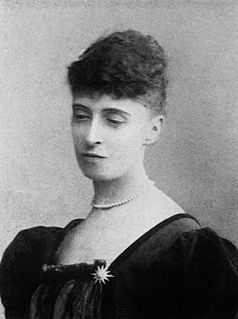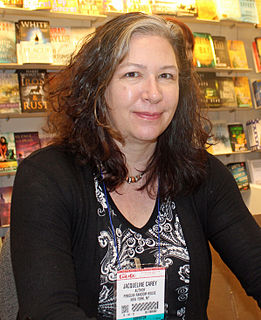A Quote by Letitia Elizabeth Landon
Conscience, like a child, is soon lulled to sleep.
Quote Topics
Related Quotes
Language makes it possible for a child to incorporate his parents' verbal prohibitions, to make them part of himself....We don't speak of a conscience yet in the child who is just acquiring language, but we can see very clearly how language plays an indispensable role in the formation of conscience. In fact, the moral achievement of man, the whole complex of factors that go into the organization of conscience is very largely based upon language.
Long time a child, and still a child, when years Had painted manhood on my cheek, was I; For yet I lived like one not born to die; A thriftless prodigal of smiles and tears— No hope I needed, and I knew no fears. But sleep, though sweet, is only sleep—and waking, I waked to sleep no more; at once o'ertaking The vanguard of my age, with all arrears Of duty on my back. Nor child, nor man, Nor youth, nor sage, I find my head is gray, For I have lost the race I never ran. A rathe December blights my lagging May: And still I am a child, though I be old Time is my debtor for my days untold.
The moment comes when the great nurse, death, takes a human, the child, by the hand and quietly says, "It is time to go home. Night is coming. It is your bedtime, child of earth. Come; you're tired. Lie down at last in the quiet nursery of nature and sleep. Sleep well. The day is gone. Stars shine in the canopy of eternity."
Although there is nothing so bad for conscience as trifling, there is nothing so good for conscience as trifles. Its certain discipline and development are related to the smallest things. Conscience, like gravitation, takes hold of atoms. Nothing is morally indifferent. Conscience must reign in manners as well as morals, in amusements as well as work. He only who is "faithful in that which is least" is dependable in all the world.
Sweet and low, sweet and low, Wind of the western sea, Low, low, breathe and blow, Wind of the western sea! Over the rolling waters go, Come from the dying moon, and blow, Blow him again to me; While my little one, while my pretty one, sleeps. Sleep and rest, sleep and rest, Father will come to thee soon; Rest, rest, on mother's breast, Father will come to thee soon; Father will come to his babe in the nest, Silver sails all out of the west Under the silver moon: Sleep, my little one, sleep, my pretty one, sleep.







































